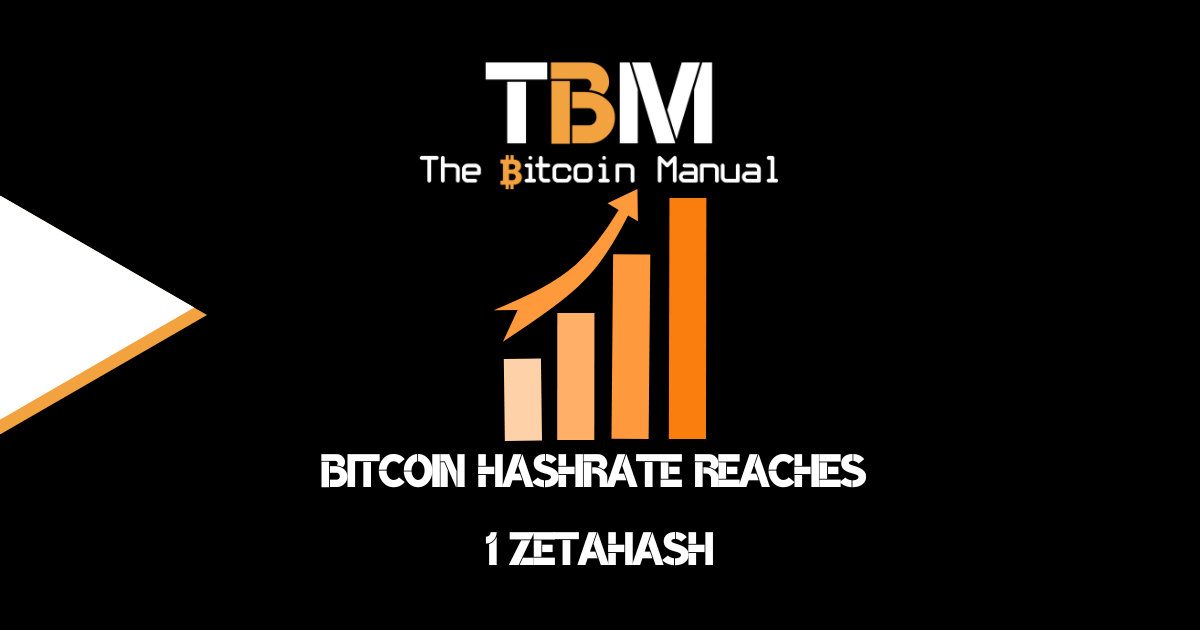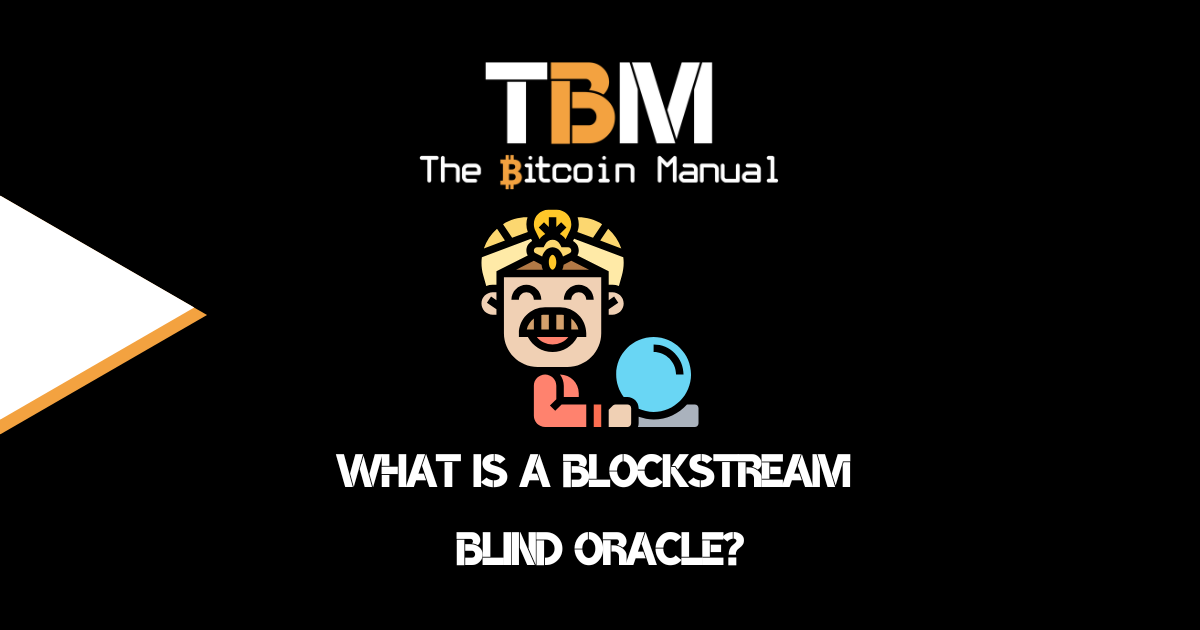The rise of Bitcoin has sparked many arguments, and one centres around its classification as a digital commodity. This brand-new asset class doesn’t fit well in the existing regulatory framework. As it finds its way into the hands of retail participants and the world and institutions are taking positions too, these institutions seek regulatory clarity before they deploy capital.
How some governments define Bitcoin has nothing to do with the individual’s ability to acquire, hold and own it. Still, it does make a big difference for those managing other people’s money.
The debate about the nature of these assets and how they should be regulated continues and is subject to change. Some argue that digital commodities are simply a new form of currency, while others believe that they are more akin to commodities like gold or oil.
The reason for the fierce debate to be classified as a commodity versus a securities offering is all about how they would be regulated by governments around the world and the transparency required to comply with those regulations.
While Bitcoin is currently classified as a digital commodity, many other cryptocurrencies are fighting tooth and nail also to acquire this designation and avoid being labelled a security. Bitcoin might hold the title of a digital commodity today, but regulators can still change their minds and label it a security in the future.
The issue with such a decision is, who speaks for Bitcoin as an open, decentralised network of nodes and miners?
Who speaks for oil or wheat?
Do you seek compliance from the open-source code for Bitcoin, and do you seek compliance from the genetic composition of oil and wheat?
It’s all a bit confusing, and to try and make sense of it all, let’s look at what a commodity is and then apply those traits to something that exists digitally.
What is a commodity?
A commodity is a basic good used in commerce that is interchangeable with other similar goods; oil of a particular grade or gold of a specific grade should all be exchangeable with one another. Commodities may require processing to be sold to a consumer but are often used as inputs in the production of other goods or services. A commodity usually refers to a raw material used to manufacture finished goods.
The quality of a given commodity may differ slightly, but it is essentially uniform across producers and should be fungible or semi-fungible when they are traded on an exchange.
Physical commodities must also meet specified minimum standards, also known as a basis grade, to ensure quality control and integrity of that market.
The most popular category of physical commodities are
- Agricultural commodities
- Energy
- Metals
The commodity itself is derived from committing labour and energy through harvesting in agriculture or an extraction process like mining for metals or drilling for energy. While there are commodity producers like farmers and miners who run businesses centred around the commodity, they do not control the commodity or dictate its distribution or access.
All commodity producers do is commit resources to extract and process commodities into a usable form to sell them to the broader market to pursue profits. Commodity production is not without risk and is not costless to pursue.
What is a digital commodity?
The terminology “digital commodity” is a little clunky since it can be confused with the online trading of contracts and claims selling real-world assets such as oil and gas. Here the digital trade is third-party claims and not the underlying asset itself.
We’re not referring to this when calling Bitcoin a digital commodity.
A digital commodity is essentially an asset that has similar properties to that of physical commodities but doesn’t exist in physical form but as computer code and data.
If we apply what we know about commodities to Bitcoin,
- Does Bitcoin require labour, energy and resources to acquire? Yes
- Do Bitcoin miners/producers sell what they produce to
- Is Bitcoin fungible with all other Bitcoin created? Yes
- Is Bitcoin graded for quality? Yes (at the protocol level, so you would never have fake Bitcoin or diluted Bitcoin on-chain)
- Does any single commodity producers speak for the asset, or are they essential to its existence? No
- Is the efforts and exitance of any single entity a reasonable reason to expect future profits? No
- Is there a single or a few common enterprises behind Bitcoins’ ability to exist? No
Bitcoin is a kind of digital commodity generated by computers and partly made for computers by computers; it allows anything connected to the internet to exchange value from humans to bots to IoT devices.
Mankind has a history of significant inventions, such as the creation of SHA-256, distributed ledger technology, internet connections and the host of physical devices and code required to run the Bitcoin Network.
However, the emergence of Bitcoin as digital bytes that are scarce and can be exchanged is a discovery built on a set of required technologies.
With Bitcoin, we have a new kind of commodity that has been discovered. It’s a commodity you cannot touch, but its existence in the world and tether to energy is undeniable, like chemical elements known as gold, silver, platinum, or even uranium.
Are cryptocurrencies commodities?
Outside of Bitcoin, there are thousands of other altcoins, but no other cryptocurrency in existence today is a digital commodity. They exist in a regulatory grey area and are all unregistered securities which can be determined by applying The Howey Test.
If Bitcoin was declared a security and no one would appeal it in different countries, it would be delisted from exchanges, but the network would continue to exist. Bitcoin existed long before regulated exchanges; people will still be free to trade peer-to-peer and confirm transactions on-chain; it would only affect the ease of access and short-term liquidity.
If this happened to another altcoin, it would be an immediate death blow, which is why they are trying to avoid it. All other cryptocurrencies are securities that require:
- An investment of money.
- A common enterprise.
- Capital investment is determined by a reasonable expectation of profit.
- Capital appreciation is derived from the efforts of others.
The issue with a cryptocurrency being declared a security is that issuers and exchanges must seek the necessary licenses from their securities regulators. This is difficult to do, making it harder to access retail and dump your tokens on the market, which is the killer app for crypto.
Therefore the crypto industry spends a huge amount of effort trying to ensure that cryptocurrency sales and developments avoid securities laws, especially in the deepest and most liquid market in the U.S.
In the USA, wrongdoing in commodities trading is policed by the Commodity Futures Trading Commission (CFTC), but the agency doesn’t yet have broader regulatory authority over spot trading, like the SEC’s powers over securities. The CFTC is seen as the lesser of two evils by cryptocurrency creators.
Along with the lax policing of tokens under the CFTC, the risk for cryptocurrencies being classified as securities is they need to expose a lot of internal information that would put off retail investors if they knew the inner workings of their favourite altcoin. In addition, exchanges may not list them to avoid the risk of being fined by the SEC for listing unregistered securities or even facing criminal prosecution for certain violations.
Photo by Jeff W




